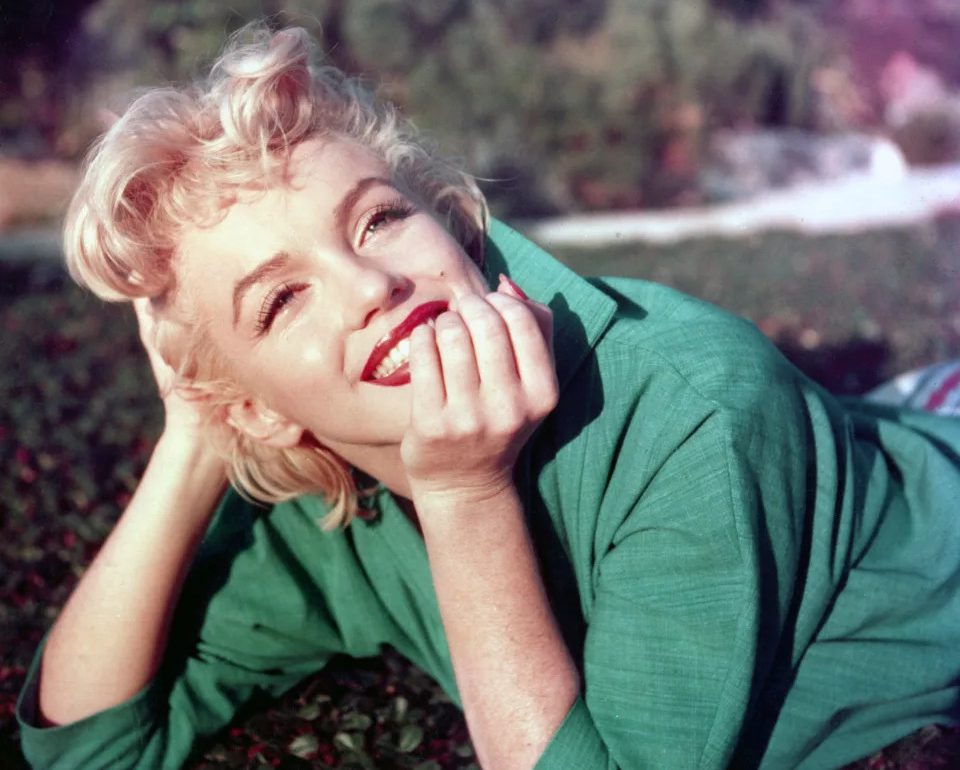The burgeoning field of artificial intelligence (AI) continues to grapple with ethical considerations, particularly when applied to the realm of celebrity. The recent unveiling of “Digital Marilyn,” an AI chatbot designed by Soul Machines to resemble and converse like Marilyn Monroe, has reignited discussions on consent, exploitation, and the responsible use of this technology.
This development raises concerns about the commercialization of a deceased celebrity’s likeness without their express consent. Industry figures like Zelda Williams have previously voiced their disapproval of the “disturbing” trend of replicating deceased celebrities’ voices and faces. Additionally, actors’ unions are advocating for stronger protections against studios potentially utilizing AI clones without proper authorization.
Soul Machines, specializing in “Biological AI-powered Digital People,” debuted Digital Marilyn at SXSW in collaboration with Authentic Brands Group (ABG). Notably, ABG owns the rights to Monroe’s likeness, alongside numerous other celebrities, both living and deceased.
Digital Marilyn, powered by GPT 3.5, is described as “hyper-real” and capable of engaging in conversations lasting up to 20 minutes, complete with emotional responses and nuanced expressions. Soul Machines touts these digital celebrities as a means for iconic figures to connect directly with fans on a 24/7 basis.
However, a critical point emerges: all other AI celebrities currently offered by Soul Machines – Mark Tuan, Francis Ngannou, and Jack Nicklaus – are living individuals who presumably consented to their digital representations. This disparity raises questions about the ethical implications of replicating a deceased individual without their input.
Furthermore, the timing of Soul Machines’ announcement, coinciding with International Women’s Day, adds another layer of scrutiny. Does exploiting the likeness of a deceased female celebrity truly constitute a celebration of women?
The “Digital Marilyn” case exemplifies the ethical complexities surrounding AI development in the context of celebrity representation. As AI technology continues to evolve, it’s imperative to foster open dialogue that addresses issues of consent, exploitation, and the responsible application of AI in recreating public figures.


